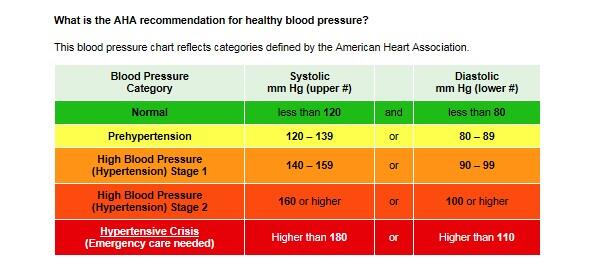What Does Heart Disease Mean?
Cardiovascular disease (also called heart disease) includes different problems, many of which are related to a process called atherosclerosis. Atherosclerosis is a condition that develops when a substance called plaque builds up in the walls of the arteries. This buildup narrows the arteries, making it harder for blood to flow through. If a blood clot forms, it can stop the blood flow. This can cause a heart attack or stroke.
Cardiovascular disease is the second leading cause of death in Vermont (Cancer is #1). For a complete look at CVD in Vermont, including prevalence, geographic distribution, hospitalization trends, mortality, co-morbidities, chronic disease risk factors: Cardiovascular Disease Data Pages.

